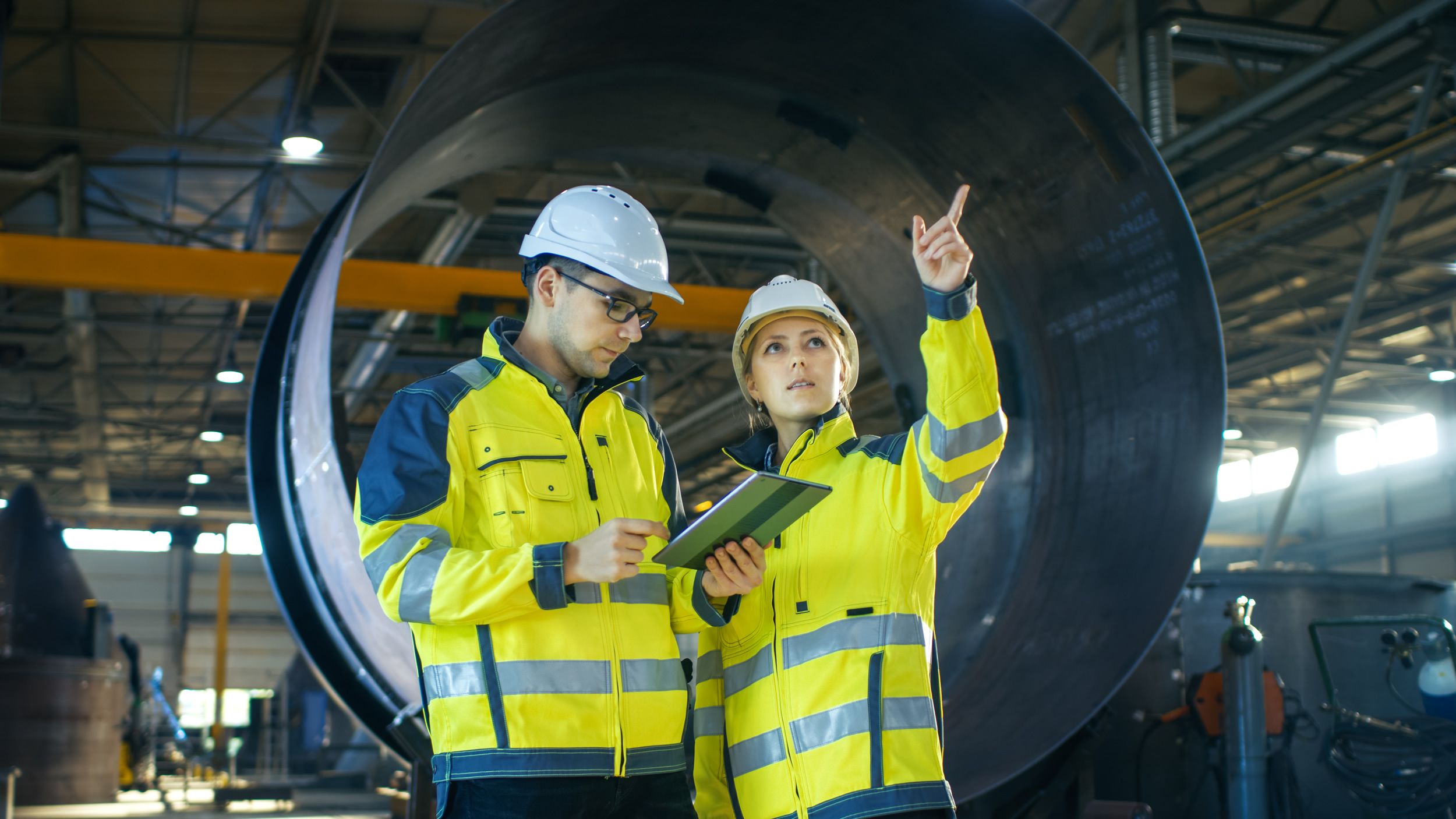The implications of COVID-19 are reverberating across the globe, impacting every aspect of daily life,
including, surprisingly, maritime safety.
Among the many impacts of COVID-19 on shipping is a significant reduction in physical safety inspections of ships. Port State Control authorities are only
checking high-risk vessels, tankers are missing SIRE inspections, and other surveys are not being
performed. While there are attempts to use technology for remote surveys, one thing is clear – it
may take a long time until the scope of inspections that predated the virus will return. This will
undoubtedly have a significant impact on the maritime ecosystem.
SIRE inspections, for example, are a crucial foundation for every trader which charters vessels to
transport cargo. Many large charterers rely on these physical inspections for a qualitative analysis of
a vessel’s level of safety operation over the course of the previous six months.
Double Impact
Shipping and insurance veterans may recall how, in the recessions in 2001 and 2008, many shipping
companies were unable to continue to maintain their vessels in the same standard. This, in turn, led
to a slow deterioration in the level of maintenance and a rise in incidents. Now, with significantly
less SIRE and PSC inspections, these deteriorations will be much harder to spot.
The potential for an increase in incidents is why Port State Control (PSC) surveys are crucial for
maritime safety. Each year, more than 30,000 ships, which account for over 40% of the world’s
merchant fleet, are inspected for compliance with safety standards. The inspection is part of an
international regulation known as Port State Control. Ships that fail to meet the safety standards get
a list of deficiencies to improve. If the deficiencies found are too severe, ships may be detained as a
result. After being detained multiple times, a ship risks being banned from entering certain ports in a
particular region.



